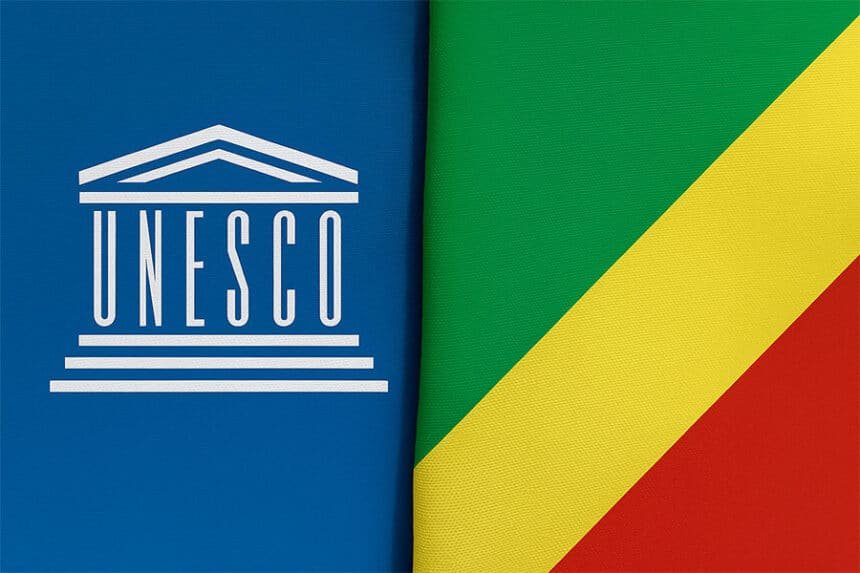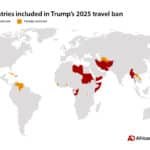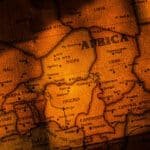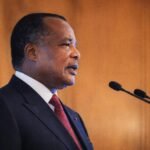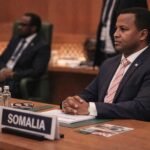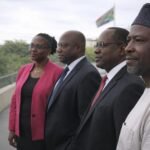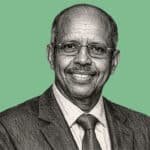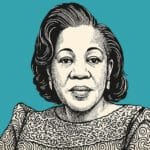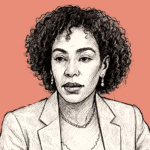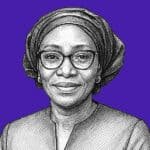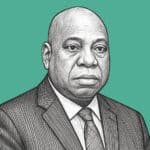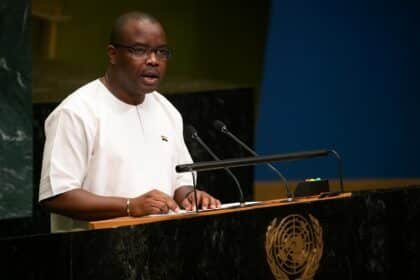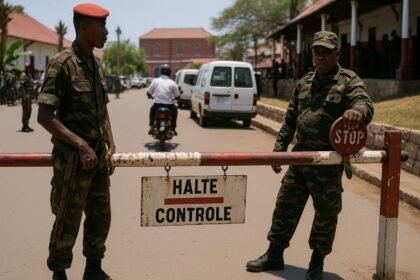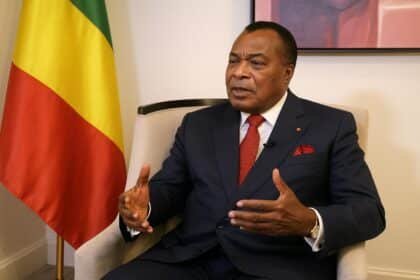A contested succession in a fragmented multilateral context
UNESCO’s 43rd General Conference, scheduled for November 2025 in Samarkand, will elect a successor to Audrey Azoulay. The three-way contest underscores a wider recalibration of influence inside the United Nations system as the United States threatens to scale back funding and as emerging powers press for normative leadership. Congolese President Denis Sassou-Nguesso surprised observers by filing Brazzaville’s candidature just hours before the 15 March deadline, reversing an earlier pledge to back Egypt’s bid. The manoeuvre sharpened tensions within the African Union, which had informally rallied behind Dr El-Enany.
- A contested succession in a fragmented multilateral context
- Matoko’s profile: technocrat turned standard-bearer for Priority Africa
- Diplomatic offensive from Brazzaville to Beijing
- Cairo’s counter-narrative and Mexico’s bridge-building
- Stakes for Africa and for UNESCO’s credibility
- Assessment and outlook
Matoko’s profile: technocrat turned standard-bearer for Priority Africa
A development economist trained in Rome, Matoko has held field postings from Quito to Bamako and, until January, oversaw UNESCO’s Priority Africa and External Relations sector. In that capacity he championed youth-oriented digital literacy programmes and brokered South-South academic partnerships. Announcing his resignation, he argued that “the continent can no longer be a peripheral observer of the digital revolution; it must be a driving force.” By foregrounding a record of internal reform, he seeks to dispel concerns that a late entrant lacks institutional depth.
Diplomatic offensive from Brazzaville to Beijing
Since mid-May Matoko has visited Paris, Abu Dhabi, Beijing, Tokyo and Hanoi, meeting twenty-seven permanent delegations and at least fifteen ministers of education or culture. In Beijing on 29 May he secured an endorsement from China’s Vice-Minister for Education, who praised his “inclusive approach to scientific diplomacy”. Simultaneously, Congo’s foreign minister Jean-Claude Gakosso briefed ambassadors in Brazzaville, insisting that Matoko’s candidacy “complements rather than fragments Africa’s voice”. The effort aims to peel votes from the thirty-four member states sitting on UNESCO’s Executive Board, where a simple majority will nominate a single name in October.
Cairo’s counter-narrative and Mexico’s bridge-building
Egyptian diplomacy, buoyed by early support from France and the Arab Group, frames El-Enany as the “continuity” candidate whose tenure as antiquities minister underpinned UNESCO’s heritage mandate. Mexican nominee Gabriela Ramos, meanwhile, leverages OECD experience and gender-policy credentials. Her outreach to Pacific Island states complicates Africa-Arab solidarity by offering small developing countries an alternative South-South platform. This tripolar geometry forces Matoko to court non-aligned members such as Indonesia, Chile and Hungary, whose votes may prove decisive if the Board proceeds to multiple secret ballots.
Stakes for Africa and for UNESCO’s credibility
Congo presents Matoko as an opportunity to embed Agenda 2063 within UNESCO’s strategic framework, promising to dedicate one-third of the organisation’s education budget to the continent and to institutionalise restitution mechanisms for illicitly trafficked artefacts. Critics note, however, that Brazzaville’s human-rights record and repeated postponements of domestic cultural reforms could undermine the candidate’s credibility. Moreover, some African capitals resent what they regard as Sassou-Nguesso’s unilateral decision to rupture a continental consensus painstakingly negotiated in Addis Ababa last February.
Assessment and outlook
With four months until the Executive Board convenes, Matoko’s campaign hinges on converting personal goodwill among UNESCO staff into member-state commitments, a task complicated by the late start and by Egypt’s entrenched alliances. Yet his technocratic pedigree and insistence on Africa-centred digital transformation resonate with a growing cohort of Member States wary of politicised cultural governance. Should his tour translate into even a blocking minority, Brazzaville could extract programmatic concessions or a senior management post in a future administration. For UNESCO, the episode illustrates both the fragility and the adaptability of multilateral diplomacy in an era of intensified South-South competition.
